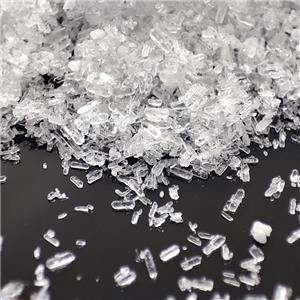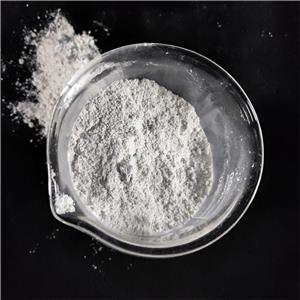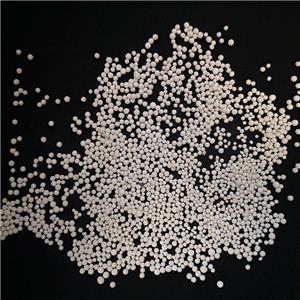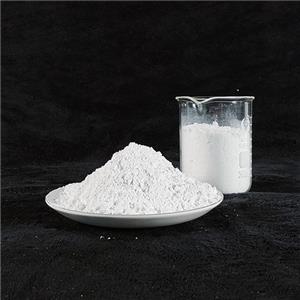Is talc gypsum powder?
The difference between gypsum powder and talc powder lies in their handle and physicochemical properties. There are two ways to identify gypsum powder and talc powder by physical method.
1. Distinguish by touch, talcum powder has a slippery feeling and gypsum powder has a sense of dryness.
2. Distinguish by physical and chemical properties: take the same volume of gypsum powder and talc powder, add a small amount of water, take thermometer test, higher than normal temperature is gypsum powder, no temperature change is talc powder. Or wait a few hours to solidify is gypsum powder, can not solidify is naturally talcum powder.
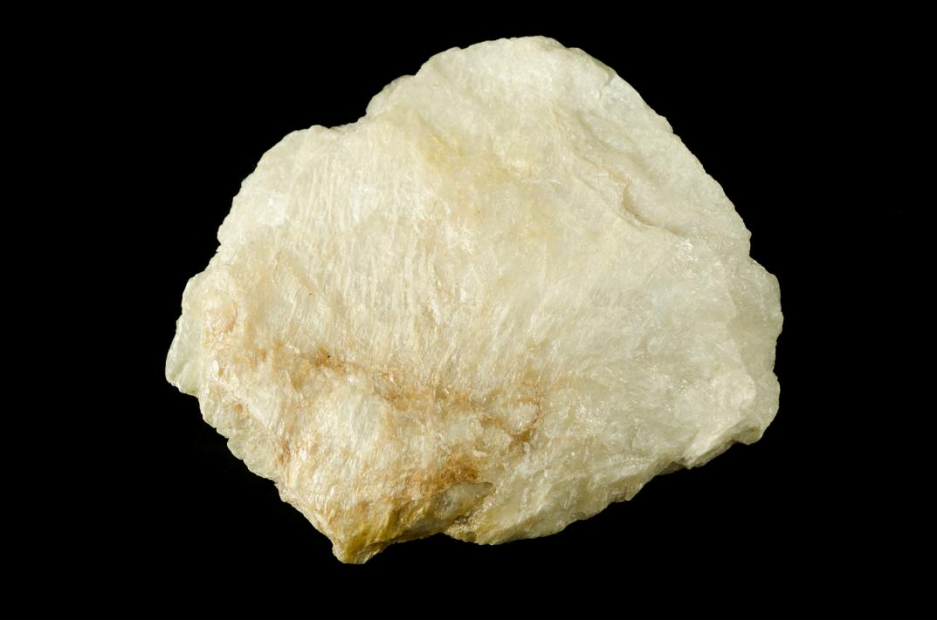
Gypsum is mainly the product of chemical deposition, often forming huge ore beds or lenses, occurring in limestone, red shale and sandstone, marl and clay rock series, and often symbiotic with anhydrite, stone salt and so on.
According to the different physical characteristics, gypsum powder can be divided into dolomitic gypsum powder, clay gypsum powder, chlorite gypsum powder, alabaster powder, talcum powder, sandy gypsum powder and fibrous gypsum powder.
Talc has excellent physical and chemical properties, such as lubricity, adhesion resistance, flow aid, fire resistance, acid resistance, insulation, high melting point, chemical inactivity, good hiding power, softness, good gloss, strong adsorption and so on. because the crystal structure of talc is layered, it has the tendency to split into scales and special slippery property.
Our company produces and sells all kinds of high quality talcum powder in strict accordance with international standards: such as Talc For Epoxy Resin, Talc For Exterior Wall Coating, Talc Powder For Body Care, Talc For Papermaking and so on. Welcome to consult!

